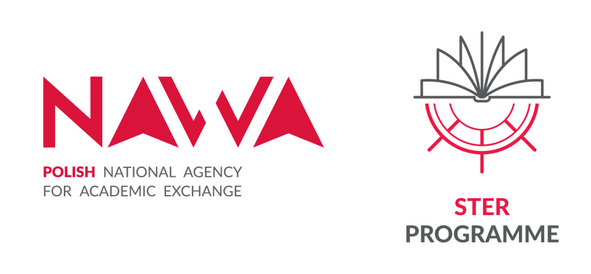The programme in Entrepreneurship and Management is aimed to offer a variety of development possibilities in the area of organisational behaviour and its different angles. PhD students who choose this programme will have the opportunity to conduct cutting-edge research on various topics, such as: entrepreneurship, innovation management, knowledge management, motivation at work, positive organizational behaviour, public management, technology transfer, inter-organisational cooperation, and sustainable development clusters, smart city, smart mobility, open data, or sustainability. The programme offers the exploration of these and other entrepreneurial and managerial aspects of the functioning of various types of organisations. PhD students will have the possibility to address a wide range of topics that help organisations in their development and effectiveness, by integrating interdisciplinary concepts and theories from the broad management and economics fields. All the types of research methods may be applied in the studies, encompassing qualitative, quantitative and mixed methods.
PhD students will be given the opportunity to choose from the following key research areas, examined by the research teams:
- Entrepreneurship and entrepreneurial behaviours;
- Innovation management;
- Knowledge management and knowledge risks;
- Motivation at work (the Self Determination Theory);
- Positive organizational behaviour (job-related well-being; work engagement, thriving, engaging leadership);
- Smart city and public management;
- Sustainable development and organisations.
PhD students can count on participating in national and international research teams and they can benefit from vast experience of the potential supervisors with regard to both publication achievements and research grants. Research teams have been carrying out the studies in the above mentioned areas and they have published their results in the mainstream journals from the managerial field. Examples of the recent publications are:
- Basinska, B. A., & Rozkwitalska, M. (2020). Psychological capital and happiness at work: The mediating role of employee thriving in multinational corporations. Current Psychology, 1-14. https://doi.org/10.1007/s12144-019-00598-y
- Basinska, B. A., & Gruszczynska, E. (2020). Burnout as a State: Random-Intercept Cross-Lagged Relationship Between Exhaustion and Disengagement in a 10-Day Study [Response to Letter]. Psychology Research and Behavior Management, 13, 491. https://doi.org/10.2147/PRBM.S262432
- Durst, S., & Zieba, M. (2020). Knowledge risks inherent in business sustainability. Journal of Cleaner Production, 251, 119670. https://doi.org/10.1016/j.jclepro.2019.119670
- Durst, S., Hinteregger, C., & Zieba, M. (2019). The linkage between knowledge risk management and organizational performance. Journal of Business Research, 105 (November 2018), 1–10. https://doi.org/10.1016/j.jbusres.2019.08.002
- Lis, A. M., & Lis, A. (2021). The Cluster Organization: Analyzing the Development of Cooperative Relationships. Routledge. https://www.routledge.com/The-Cluster-Organization-Analyzing-the-Development-of-Cooperative-Relationships/Lis-Lis/p/book/9780367428099
- Lis, A.M. and Rozkwitalska, M. (2020), "Technological capability dynamics through cluster organizations", Baltic Journal of Management,15(4), 587-606. https://doi.org/10.1108/BJM-02-2020-0046
- Orlowski, A. (2020). Smart Cities Concept-Readiness of City Halls as a Measure of Reaching a Smart City Perception. Cybernetics and Systems, 1-18. https://doi.org/10.1080/01969722.2020.1871224
- Orlowski, A., & Romanowska, P. (2019). Smart cities concept: smart mobility indicator. Cybernetics and Systems, 50 (2), 118-131. https://doi.org/10.1080/01969722.2019.1565120


